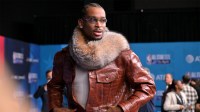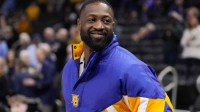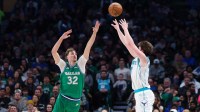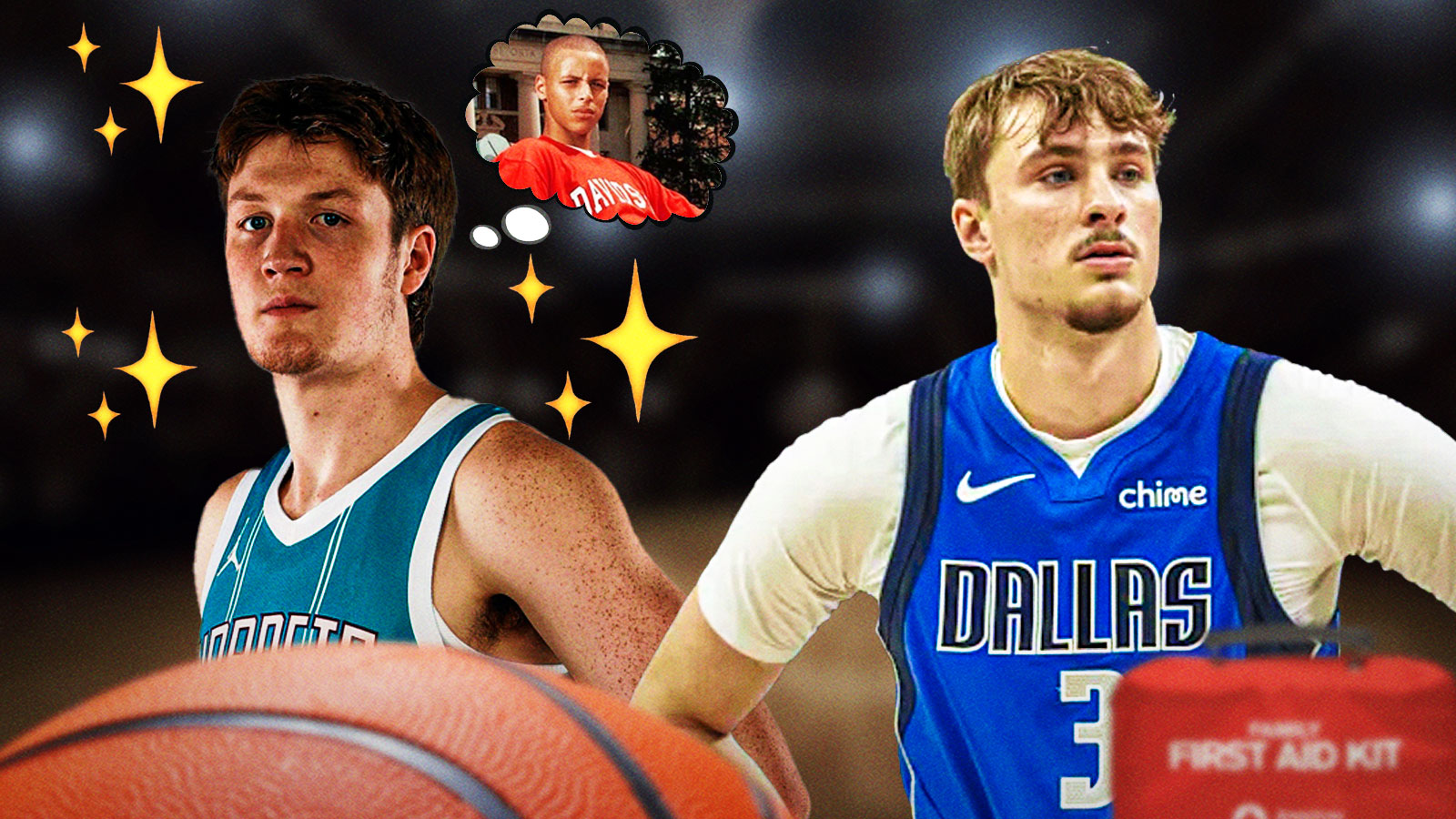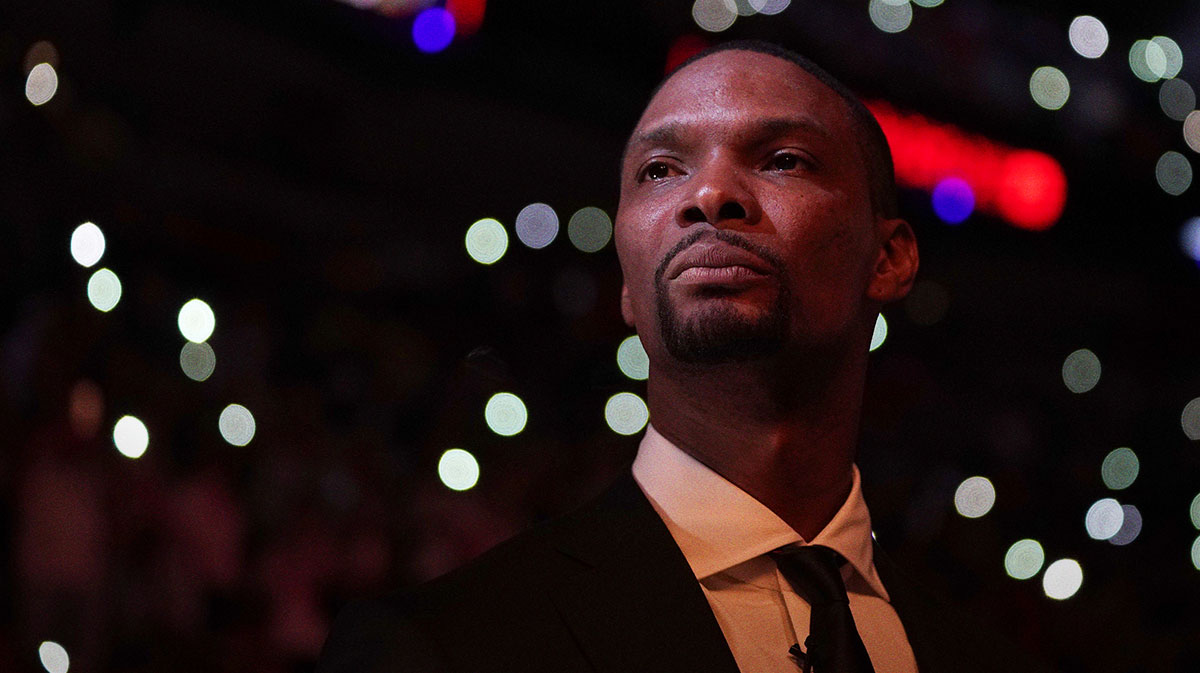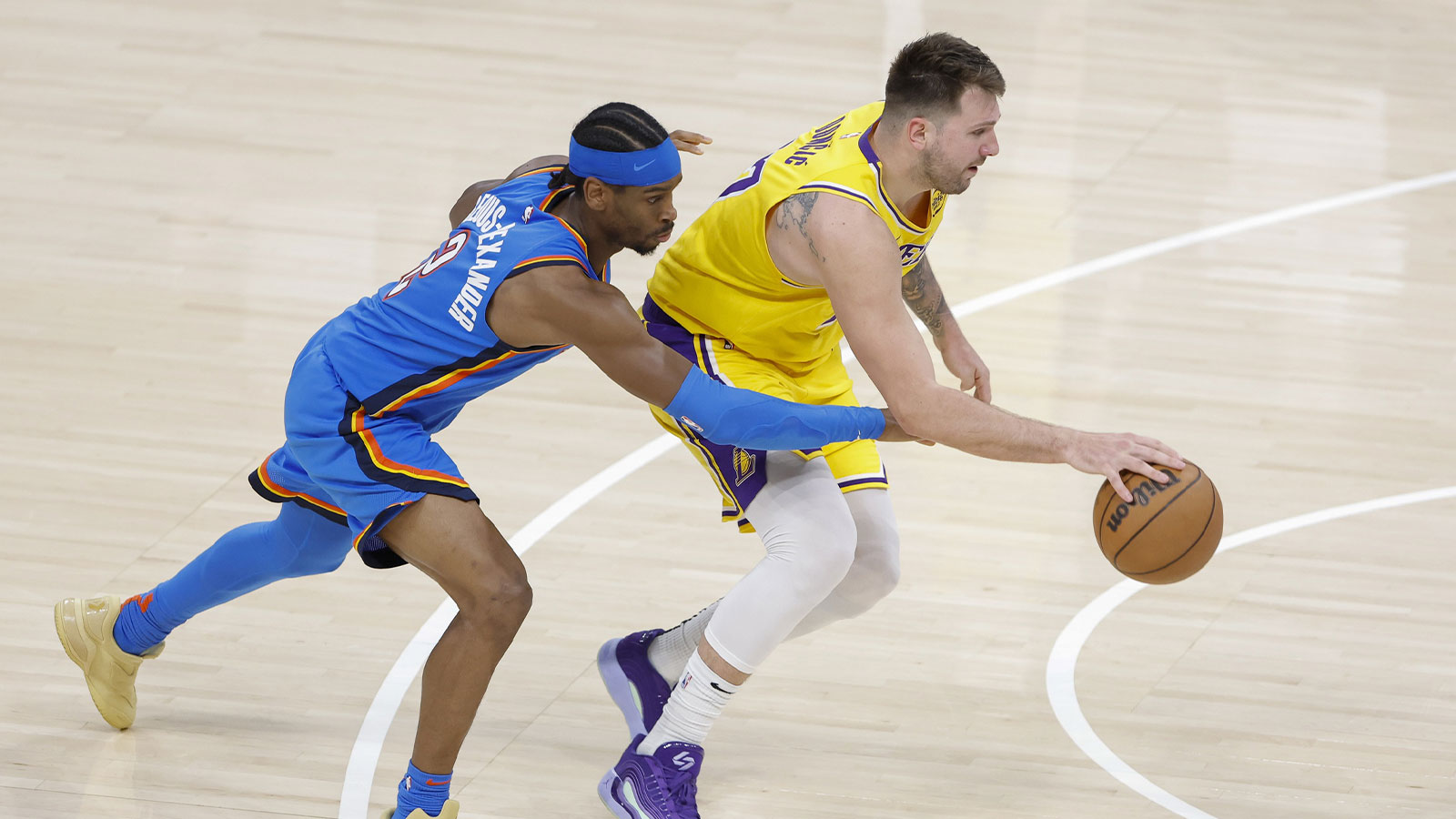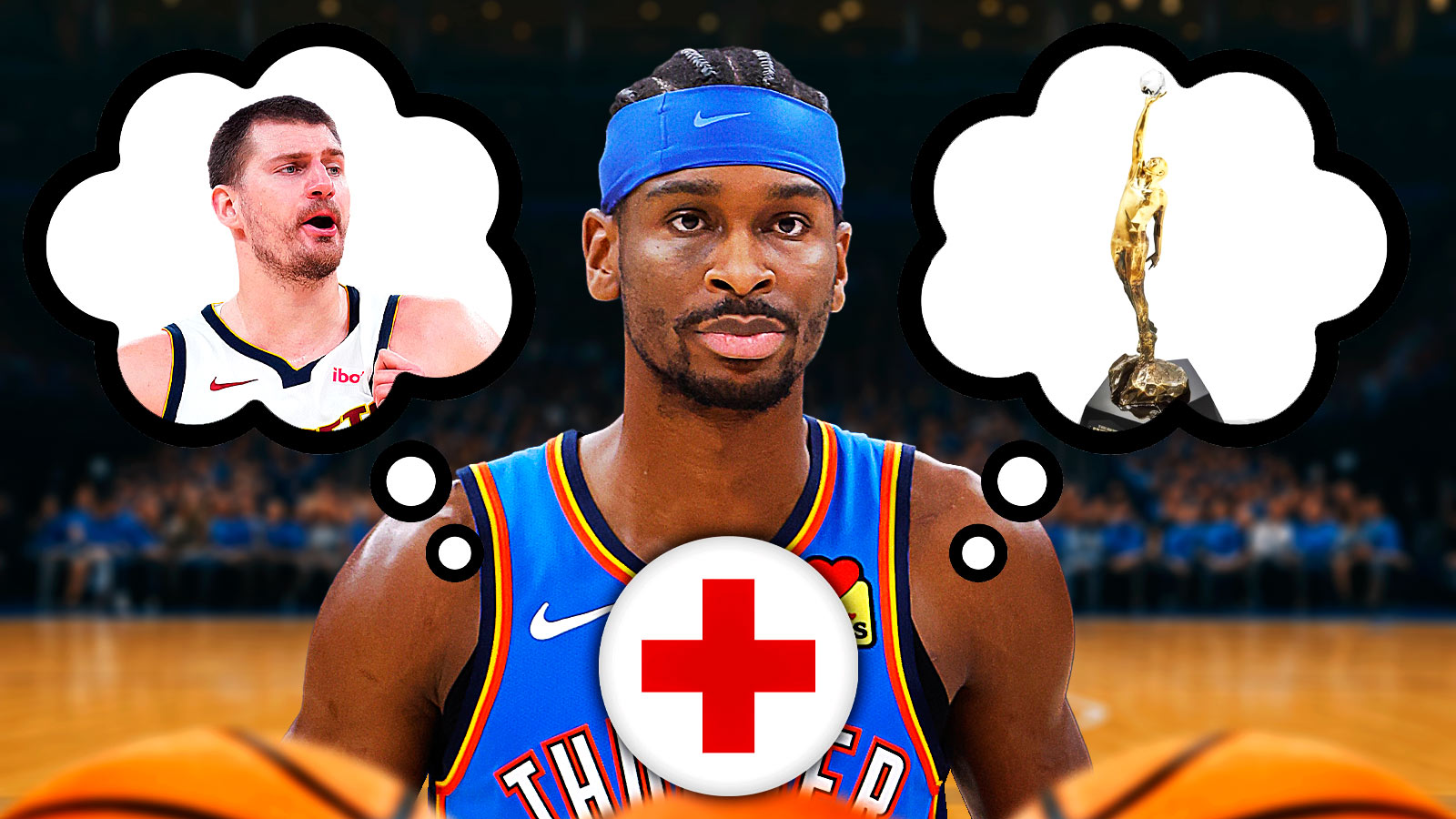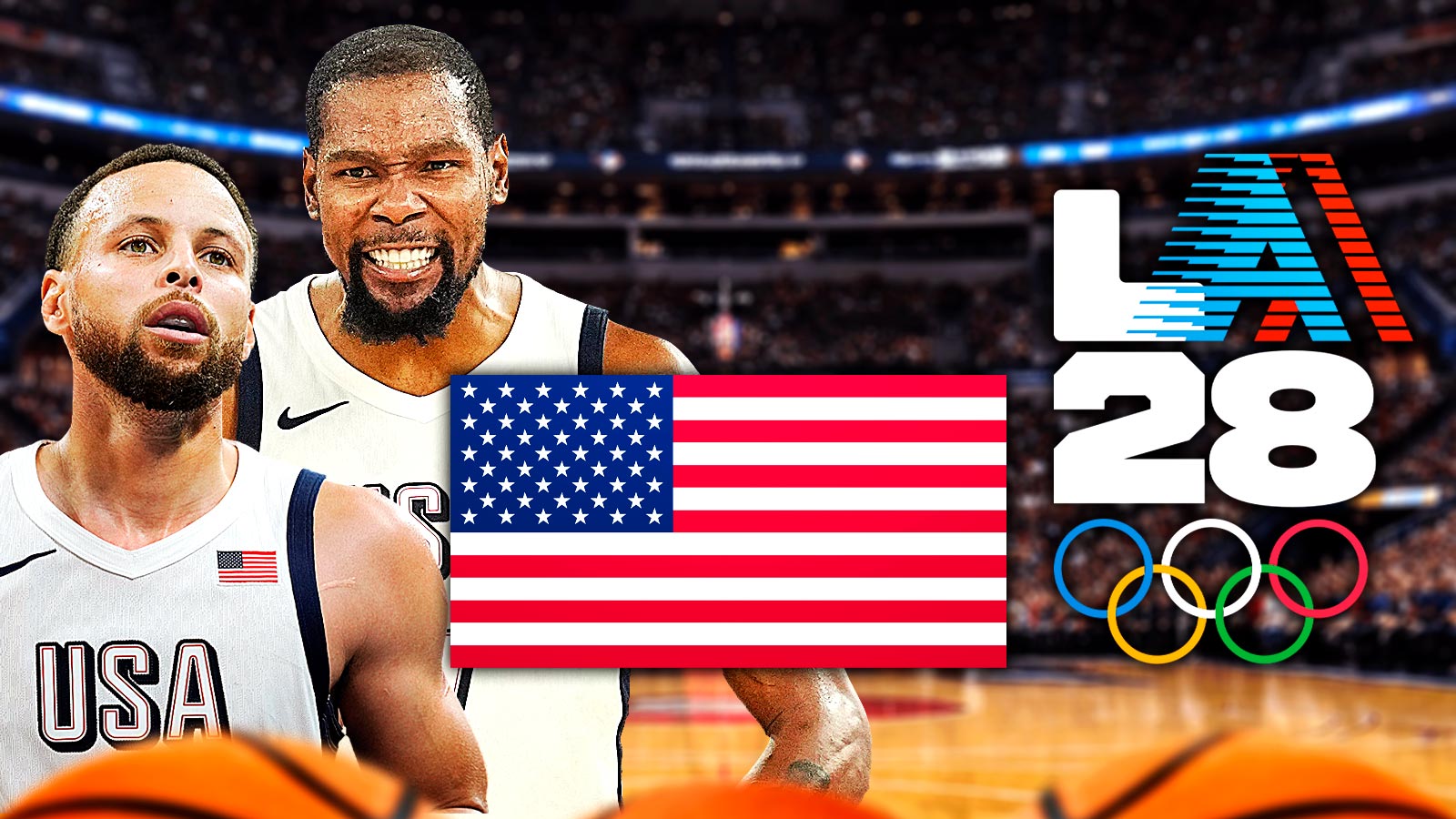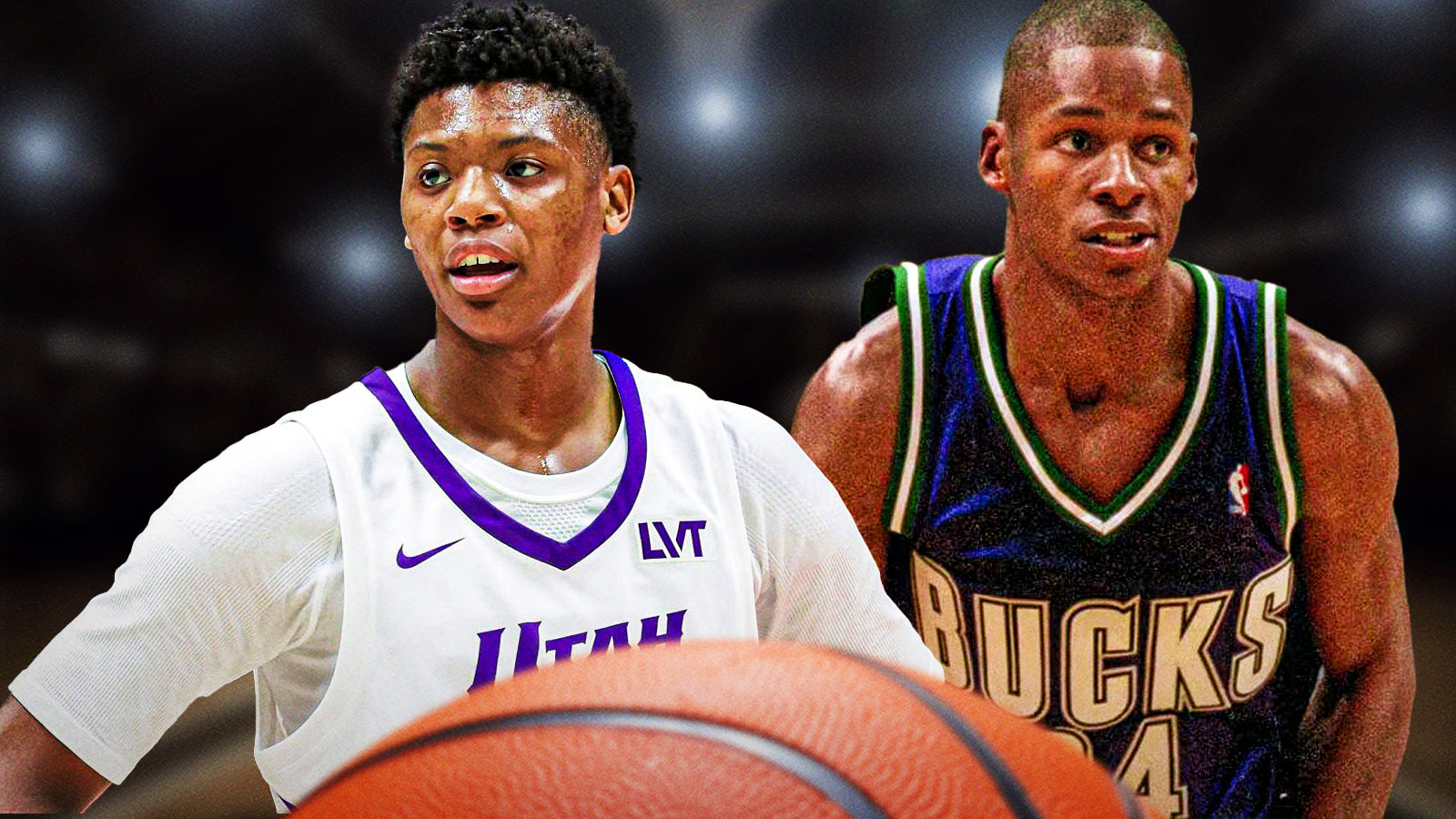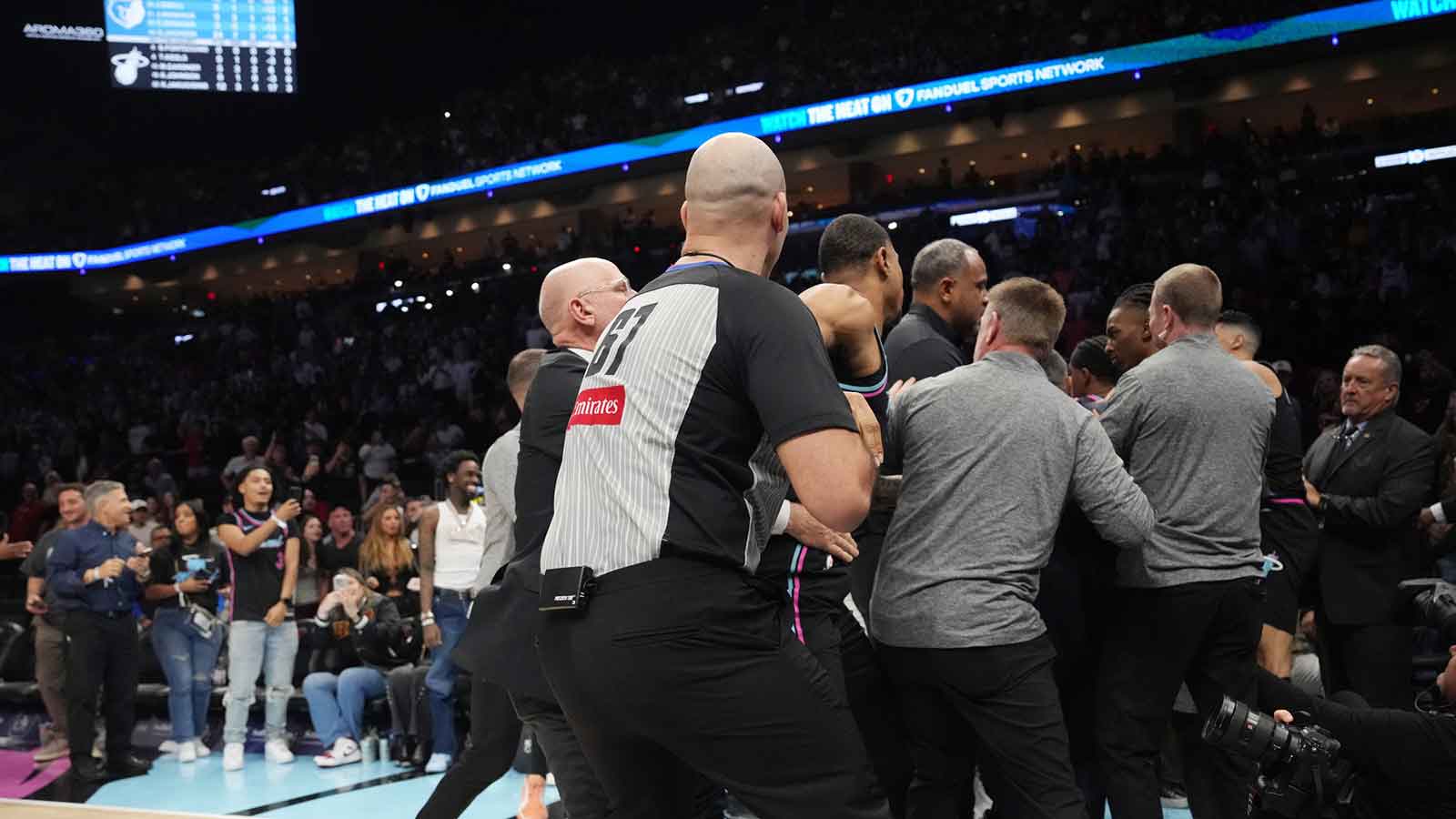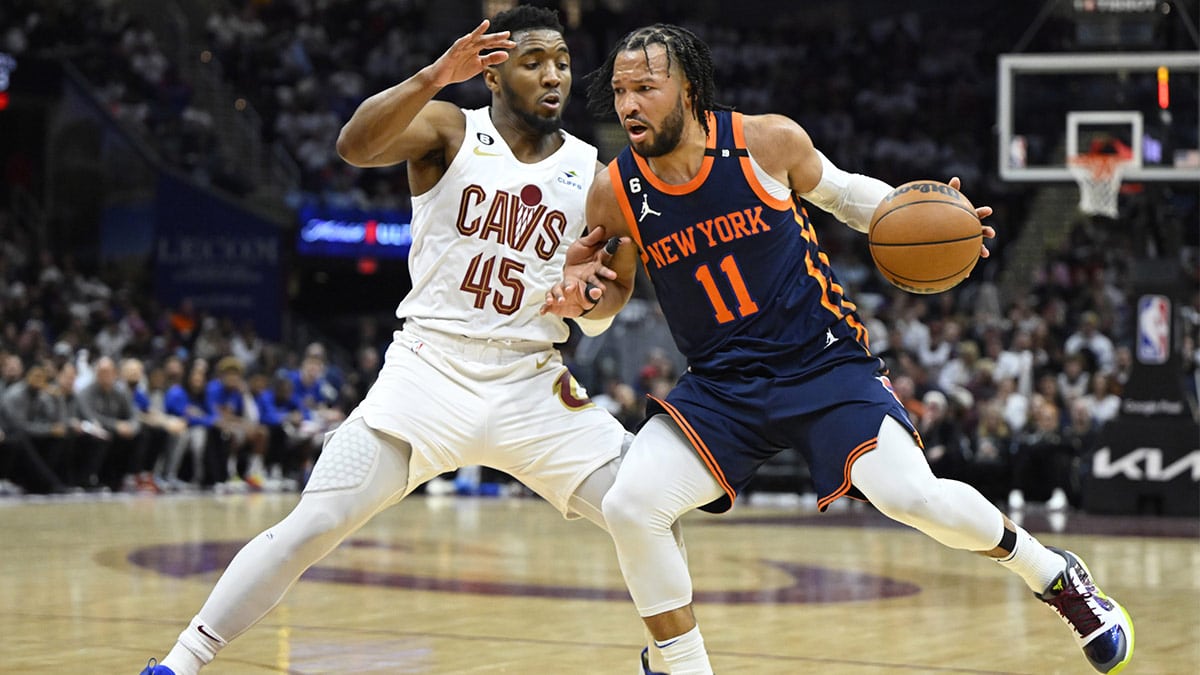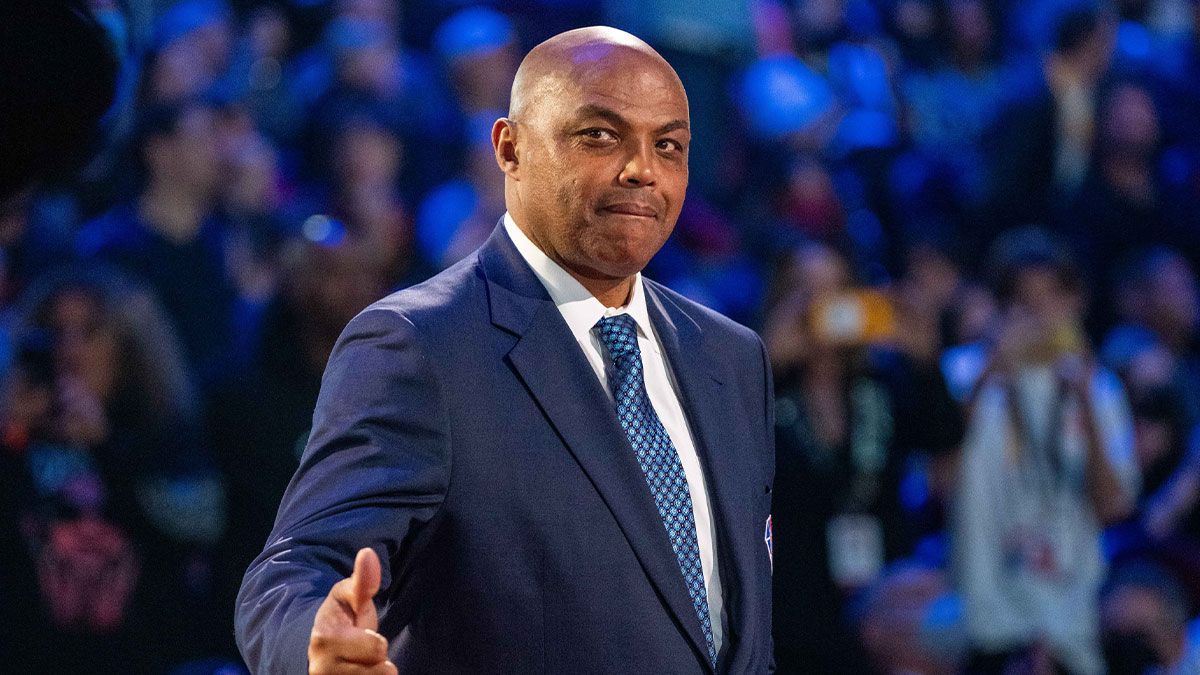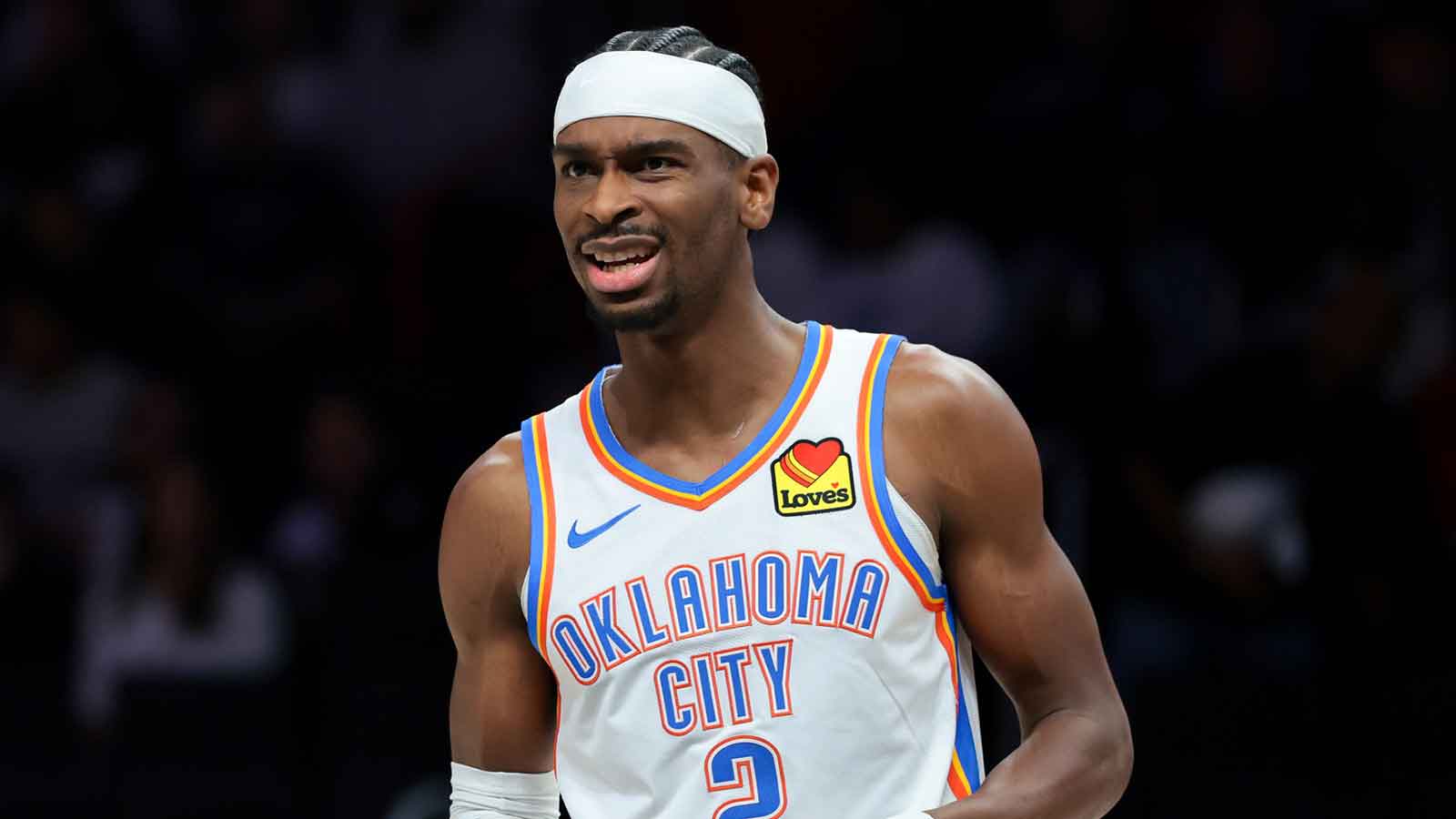Team USA will soon face a crisis at the world stage, one that they haven't seen since the early 2000s. After USA Basketball named a prospective 20-player list of stars to attend training camp in August, six of them have since decommitted, including three potential starters in James Harden, Anthony Davis, and most-recently Bradley Beal.
Fans had once again grown used to the dominance the Americans were able to showcase at the worldwide stage, boasting a coalition of elite-caliber athletes with skills far superior to their competition.
Following the course of the last few years, that is no longer the case.
Gone are the days of the 1992 Dream Team that dominated in Barcelona with the likes of Michael Jordan, Magic Johnson, and Charles Barkley — so are the days of the Redeem Team with Kobe Bryant, LeBron James, and Carmelo Anthony — some of the best names of their generation.
Today's Team USA is no longer a shadow of what it once represented, but also a looming consequence of what it became.
Team USA: A free agent's guide to NBA heaven

It isn't long since the likes of LeBron James, Dwayne Wade, and Chris Bosh crossed paths not only as draft mates, but proud members of Team USA, where they originally bonded over practices and eventually knit the dream of one day playing together for one jersey in the NBA. That dream came true in 2010 when the three first joined forces with the Miami Heat — and the league has not been the same since.
It wouldn't take long for that to change the scope of international basketball, as some of the highest-ranked American players like Davis, Harden, Kyrie Irving, Paul George, Kawhi Leonard, and many others are out of a potential stint with the national team due to playing with a new teammates this summer.
Free agency has surely taken a toll on NBA teams, and now it's come to bite at the international stage. USA Basketball was once a comfortable opportunity for players to spend six weeks alongside one another and put their skills to the test in an iron-sharpens-iron environment. Now, it's merely a complication for those who are now forced to put team before country and acclimate to their new surroundings as their first priority.
What goes around comes back around — and Team USA is now suffering the involuntary consequences of what once made it such a sought-after opportunity.
Lessons from a painful 2004 Athens Olympics

Much has been said about the ominous days of the 2004 Olympics in Athens, as a squad led by Tim Duncan and an injured Allen Iverson was forced to come back with less than gold for the first time since 1988, before NBA players were allowed to participate in international competition.
International rules previously prevented NBA players from being eligible for Olympic basketball, but that changed in 1989, as FIBA voted to promote open competition. That 2004 Olympic team fell shy of some gaudy golden expectations, resulting in USA Basketball cleaning house and rebuilding with Jerry Colangelo as the architect behind it all.
USAB hired Duke's Mike Krzyzewski to make an open call to the best of the best, pitching NBA players on a patriotic approach to this task, which started with a third place at the 2006 FIBA World Cup and later regaining gold in 2008 in Saitama, Japan — then winning the gold medal with the Redeem Team in Beijing, China in 2008.
Team USA has won every major world competition since 2008 and has only lost one game since Krzyzewski took over the helm in 2005, going 50-1 during his tenure as the winningest USA Basketball head coach, including 43 straight wins between the Olympics and the World Cup.
San Antonio Spurs head coach Gregg Popovich, who will succeed Krzyzewski as Team USA's helmsman, will have some big shoes to fill.
Yet he is no stranger to this dire situation, as he was one of Larry Brown's assistant coaches in 2004 when the United States lost to Argentina in the semifinals and was forced to settle for the bronze after beating Lithuania in the third-place game.
Much like in 2004, the U.S. is playing without its best talent in the roster — forced to make do with the players that are capable of taking part in this process.
Out of the 20 names invited to take part in training camp, six have already decommitted to the cause, including Houston Rockets guard James Harden, Los Angeles Lakers forward Anthony Davis, Washington Wizards guard Bradley Beal, Portland Trail Blazers guard CJ McCollum, Rockets marksman Eric Gordon, and most-recently Philadelphia 76ers forward Tobias Harris. That has now chopped down the original shortlist to 14 players — 12 of which will make the final roster.
Rookie forward Zion Williamson of the New Orleans Pelicans has also turned down the opportunity since being invited to take part on the Select Team that will compete against the senior team in Las Vegas. He was a potential option to make the 12th and last spot in the roster.
These are no longer the glory days

The likes of LeBron James, Kobe Bryant, Carmelo Anthony, and Kevin Durant are not walking through the doors of training camp. For the first time in nearly a decade, Team USA won't have talent comparable to an All-Star Game, relying mostly on who's available to take part and a coaching system to make the most of their talent.
Under the current talent pool, which as mentioned before, was cut down to 15 players — this is what the national team lineup could look like if no other players are invited to take part in August's Las Vegas training camp.
Projected starting lineup:
- Damian Lillard/Kemba Walker (PG)
- Khris Middleton (SG)
- Jayson Tatum (SF)
- Myles Turner (PF)
- Andre Drummond (C)
Bench:
- Kyle Lowry (PG)
- Donovan Mitchell (SG)
- Kevin Love (PF)
- Brook Lopez (C)
- PJ Tucker (SF/PF)
Cuts:
- Kyle Kuzma (SF/PF)
- Harrison Barnes (SF)
- Paul Millsap (PF)
Out:
- James Harden
- Anthony Davis
- Bradley Beal
- CJ McCollum
- Eric Gordon
- Tobias Harris
It's likely that Popovich will prioritize shooting and defense for the upcoming competition, and a lot will depend on what kind of shape players arrive in and how well they shoot the ball in the eve of their trip to China.
Team USA is considering adding Boston Celtics guards Marcus Smart and Jaylen Brown, Golden State Warriors guard D’Angelo Russell, and Orlando Magic forward Aaron Gordon among the list of names to replace the stars who have backed out of playing in this FIBA World Cup this summer.
The rest of the world has vastly improved

While the Americans are facing these issues, the rest of the world has made immeasurable improvements, and a lot of that is evident with the sheer number of international players that are now part of NBA rosters.
Many considered among the best NBA talent are born outside of the U.S. — take for example 2018-19 Most Valuable Player Giannis Antetokounmpo (Greece), Joel Embiid (Cameroon), Nikola Jokic (Serbia), and even young up-and-coming talents like Luka Doncic, who already won EuroBasket with Slovenia, and others with high upside like Deandre Ayton (Bahamas).
Countries from all around the world are now loaded with impactful players that now call the league their home, and many who have yet to break out into the NBA will soon catch the eyes of many front offices in The Association.
There will be a Carlos Arroyo, a Sarunas Jasikevicius, or a Marco Belinelli that impresses this tournament and makes some waves — and Team USA should beware of those players in this competition as there's always more than what face value suggests.
Facing issues of stability

For the first time in many years, the U.S. has been unable to put its best talent forward for competition, as Jeff Van Gundy was called upon to take over Gregg Popovich's duties as head coach. The international qualifying schedule interfered with that of the NBA season, rendering Popovich and NBA players' ability to take part in the event.
Due to this inflexibility, Van Gundy was forced to call up players from the G League and overseas, mustering a 13-2 record and a gold at the AmeriCup in 2017 with a 5-0 record. None of his players will be playing in this year's World Cup.
For that reason, whatever players Popovich assembles for this upcoming tournament will truly be a newly-assembled roster right from scratch, asked to develop chemistry that teams of the past had already developed with years of practice and playing together during the offseason.
Team USA will have to deal not only with less than their optimal talent, but also with managing to assemble a cohesive unit and having them produce for a coach that has yet to have anything in his official international resume since first taking the job on October 2015.
The United States is no longer a surefire frontrunner to win it all, but rather a team trying to pick up the pieces of a process that hasn't exactly worked the way it was originally envisioned to play out.






